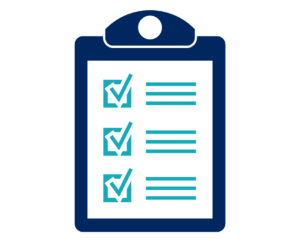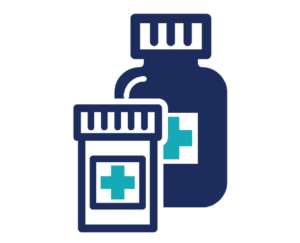- Article
- /
Supporting the Health Sector Response to COVID-19

In the span of a few months, COVID-19 has disrupted life around the globe, posing immense challenges for health systems in every region, country, and community. As health systems struggle to respond, host countries and their international partners must act quickly to pivot their resources and programs in order to prepare for and mitigate the spread of COVID-19, and to minimize infection and mortality rates.
MSI is prepared to help its international partners in assessing the COVID-19 risk and its potential impacts and to plan for evidence-based resource allocation and decision making. These will help host governments manage and mitigate the effects of the pandemic over the short-, medium- and long-term.
Our work in the international health sector focuses on the intersection between the monitoring, evaluation, learning and health programming. We provide health sector evaluations, rapid assessments, operations research, strategic planning, and learning support in every region of the world.
We can rapidly mobilize teams to support country- and regional-level assessment and planning efforts, including in fragile states and conflict zones.
This more extensive document provides examples of the ways in which we can provide critical analytical services to:





MSI’s COVID-19 Relevant MEL Work in the Health Sector:
MONITORING AND EVALUATION SUPPORT PROJECT (MESP) SOUTH SUDAN (2013-2021)
GHANA EVALUATE FOR HEALTH (2014-2021)
ZAMBIA EVIDENCE FOR HEALTH (ZEH) (2020-2025)
MIDDLE EAST AND NORTH AFRICA (MENA) MELS PLATFORM (2019-2024)